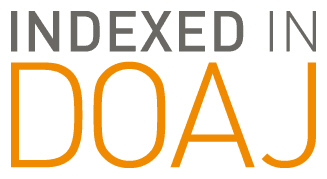Abstract
Metacognition is a key component in education, yet little is known about whether or not instructional leaders are metacognitively aware. Metacognition is described as thoughts about one's knowledge and control over their own cognitive processes (Flavell, 1979). Kuhn (2000) indicated that metacognition develops from an early age, and asserted that the more explicit metacognitive thinking is, the more effective one would be able to engage in metacognitive thinking and control of their cognitive processes. Some examples of metacognitive strategies include planning, monitoring, and evaluating, and can be used by educators or students (Fathima, Sasikuman, & Roja, 2014). Metacognitive strategies should be selected based on tasks, contexts, and an awareness of situational activities (Bjork, Dunlosky, & Komell, 2013).
Recommended Citation
Beziat, Tara L.; Bynum, Yvette; and Klash, Erin F.
(2018)
"Metacognitive Awareness and Mindset in Current and Future Principals,"
School Leadership Review: Vol. 12:
Iss.
2, Article 4.
Available at:
https://scholarworks.sfasu.edu/slr/vol12/iss2/4
Included in
Educational Leadership Commons, Elementary and Middle and Secondary Education Administration Commons, Teacher Education and Professional Development Commons
Tell us how this article helped you.


